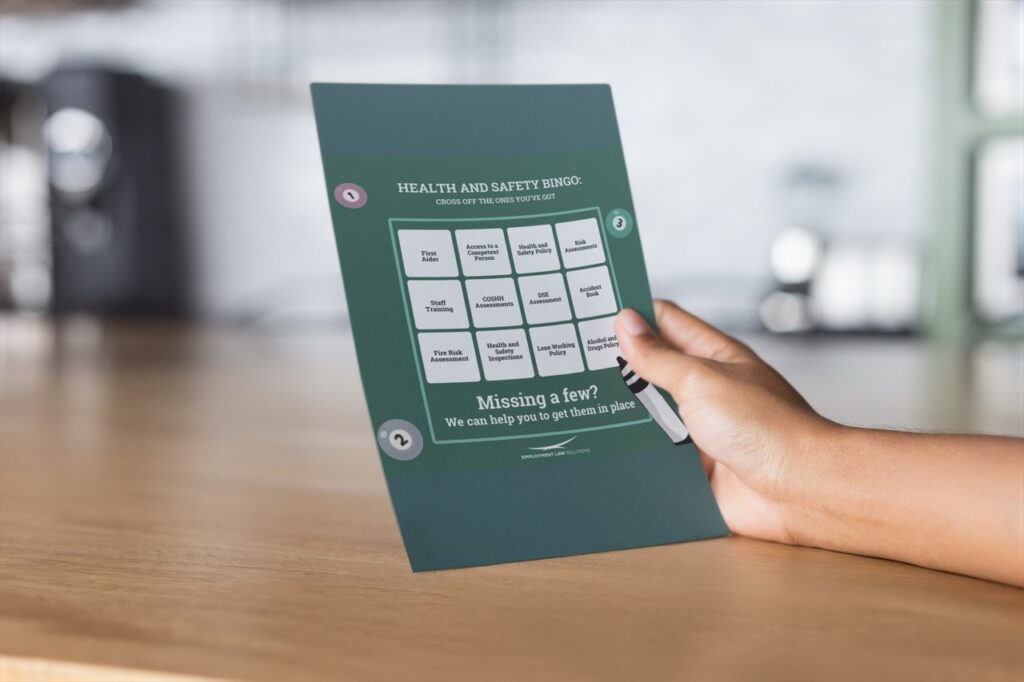General Guidance | Discrimination • October 5, 2018
Mental Health Part 1: How To Manage Potential Issues
Written by Jennifer Ormond
Mental health can have a negative impact on your staff and the efficiency of your business, not just on the employee who is unwell. If a problem arises, how do you minimise the impact on your business?
The first step should always be to offer assistance to the employee who is suffering. You should have a reassuring conversation to try to determine the cause of the issue and understand what your employee is going through. Any conversations should be private and free of ridicule or judgement, with the aim being to offer assistance and discuss any possible resolutions.
TIP – Take notes of what was discussed at this meeting in case you need to rely on them at a later date.
You should carefully consider any recommendations that the employee makes. If the problems are work related, the employee’s ideas might be simple and may result in a quick resolution of the issue.
If it appears that the issue is caused by a more complicated internal work issue then you should investigate this delicately, but thoroughly, with the employee. It could be as simple as a misunderstanding between colleagues that is easily rectified, alternatively, it could result in disciplinary action being taken against another employee.
If you feel that the employee has more serious mental health issues which require a higher level of support and cannot be resolved through a common sense approach, you should encourage them to seek medical advice. If you offer any counselling service as an employee benefit you should remind them how to contact the provider and that discussions will remain confidential.
During this difficult time you might need to reinforce the sickness absence reporting procedures, monitor sickness levels or even write to an employee’s GP for a report on their condition. Taking action in any of these formats, will enable you to minimise the impact on other staff and resolve problems as quickly as possible.
Mental health has a stigma attached to it and the inability to “see” the problem can often lead to other employees grumbling about their colleague. You might find that they don’t believe that their colleague is unwell, or might complain about needing to cover for them. It is important that you manage these relationships whilst protecting the confidentiality of your employee who is unwell. Simply reminding all colleagues of the sickness reporting process and that it applies to everyone is an example of how you could put their minds at ease.
Employees who are suffering with mental health impairments should be treated with care and compassion during these periods. Acting in this way does not mean jeopardising your business or its efficiency. Given the risk of discrimination claims being brought by disabled employees who are being treated less favourably, we recommend that you seek our opinion for a pragmatic approach.
Look out for our next post on what constitutes a disability.

You might also like…
Health & Safety Bingo! Compliance Made Simple (and Not Boring!)
Health & Safety Bingo is here to prove that compliance doesn’t have to mean boring manuals, endless tick-boxes, or confusing jargon. If you’ve got five or more staff, there are a few essentials you need to cover, but it can be simple, visual, and even a little...
The Leng Review and risks to your business
Major Changes to Physician Associate Roles Following Leng Review: What NHS Practices Need to Know The recent publication of the Leng Review has included recommendations which require significant changes, specifically around the role of Physician Associates. What...
Do I need to do a fire risk assessment?
Fire risk assessments are a fundamental legal requirement in the United Kingdom that could, to be blunt, be the difference between life and death. Understanding your obligations under UK fire safety legislation is crucial for anyone responsible for premises,...






